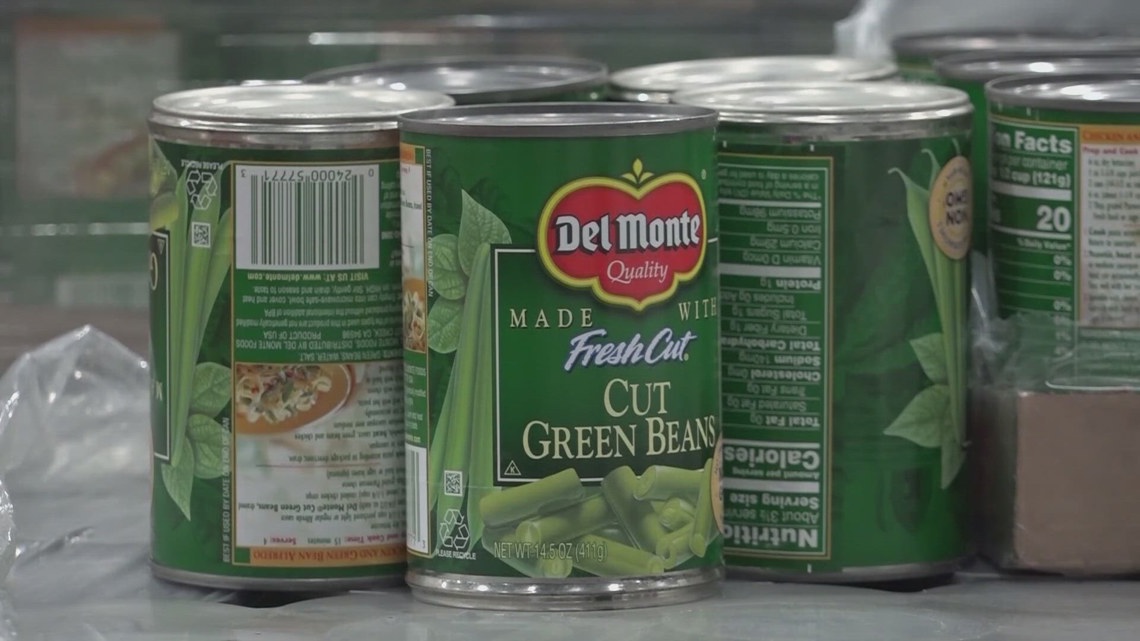
State governments would have to shoulder a portion of the cost to keep SNAP going when historically, the federal government has funded the program.
SAN ANTONIO — The San Antonio Food Bank is preparing for the potential negative impacts of a proposed House bill in Washington that aims to slash a massive amount of SNAP (Supplemental Nutrition Assistance Program) funding.
The bill would mark the largest rollback in food aid in U.S. history, according to Feeding Texas, and would reduce SNAP spending by nearly $300 billion. Such a cut would deeply strain food banks nationwide, including the San Antonio region.
“It could be devastating,” said Eric Cooper, president and CEO of the San Antonio Food Bank.
Cooper noted the San Antonio Food Bank has lost approximately $12 million in funding over the last 100 or so, which has already led to less food being distributed. Cooper said the food bank has seen increased demand as resources shrink.
“We’ve also felt the effects of more people getting in our lines with federal workers that have been displaced,” he said. “And now with the House recommendation for a bill that would cut SNAP so significantly, there’s just no way that we could meet the need that could potentially be coming our way.”
The federal government has historically fully funded SNAP going to back to 1964 when the Food Stamp Act was established. Under the proposed legislation, state governments would have to shoulder a portion of the responsibility to fund SNAP and implement stricter work requirements for certain recipients, which are changes that could reduce eligibility for many.
The San Antonio Food Bank currently serves 100,000 people each week. Cooper warned that cutting SNAP would have far-reaching consequences not just for hunger, but for public health and the economy.
“As a fiscal conservative, I applaud the federal government for trying to get within budget,” Cooper said. “But you can’t balance the budget and eliminate balanced meals. These meals, they can lower healthcare costs, they can promote a society in a healthy way. This isn’t the place to cut.”
The legislation is now headed to the House Budget Committee.
